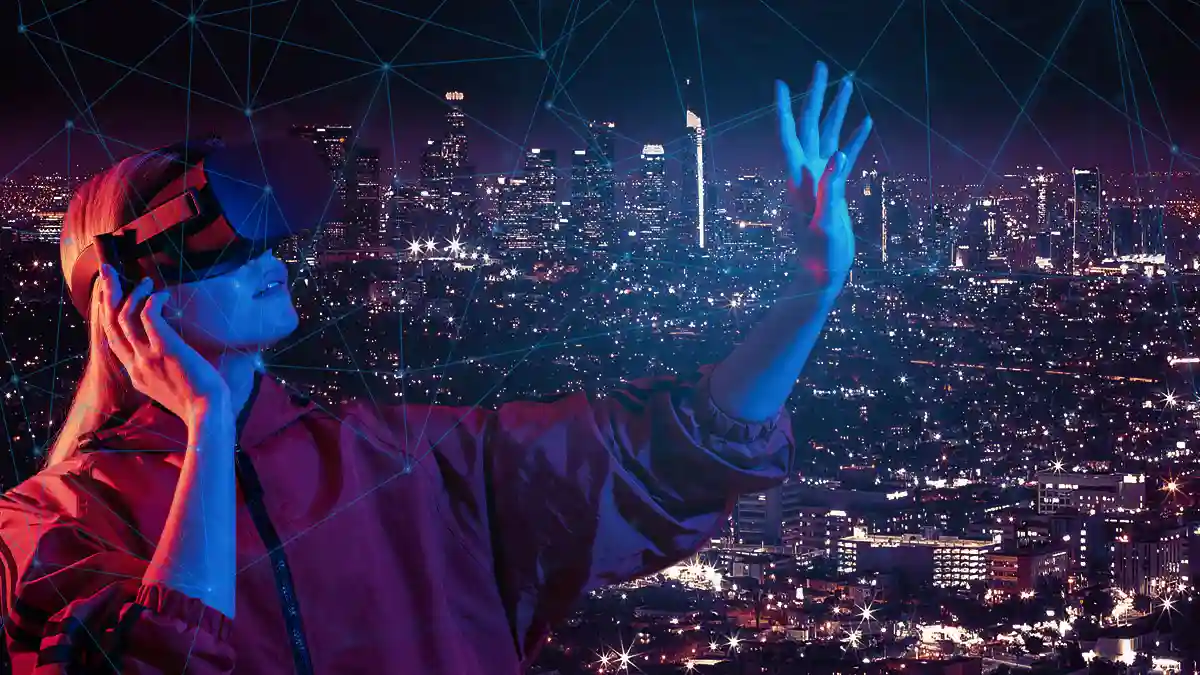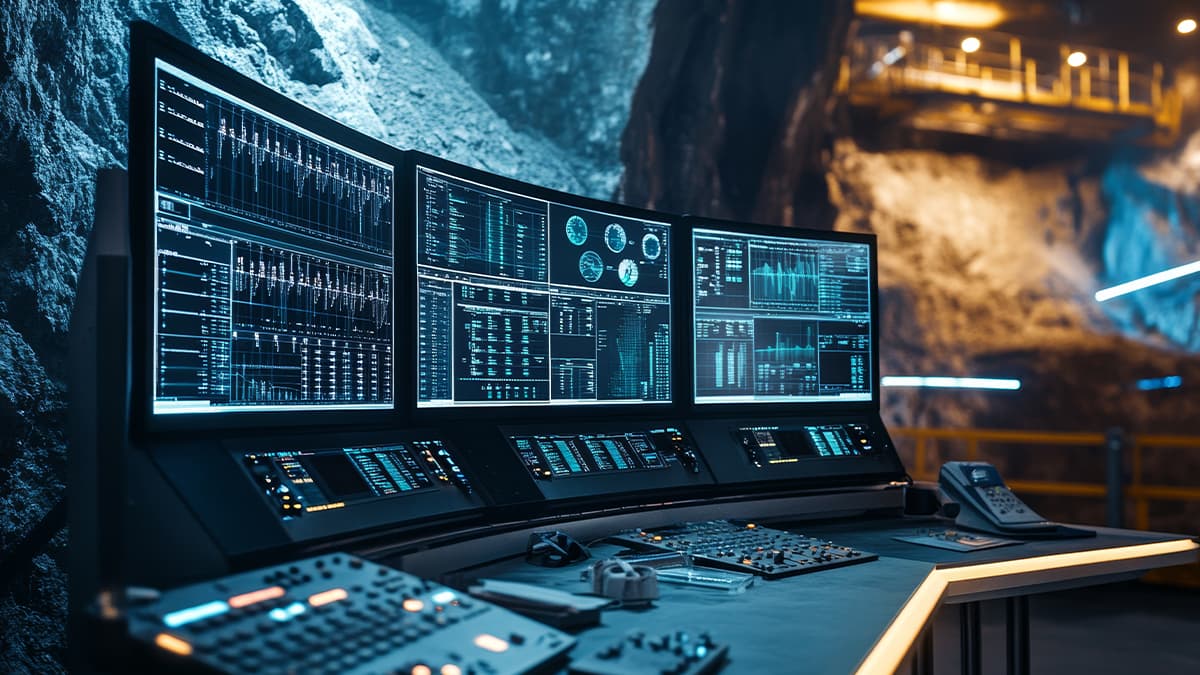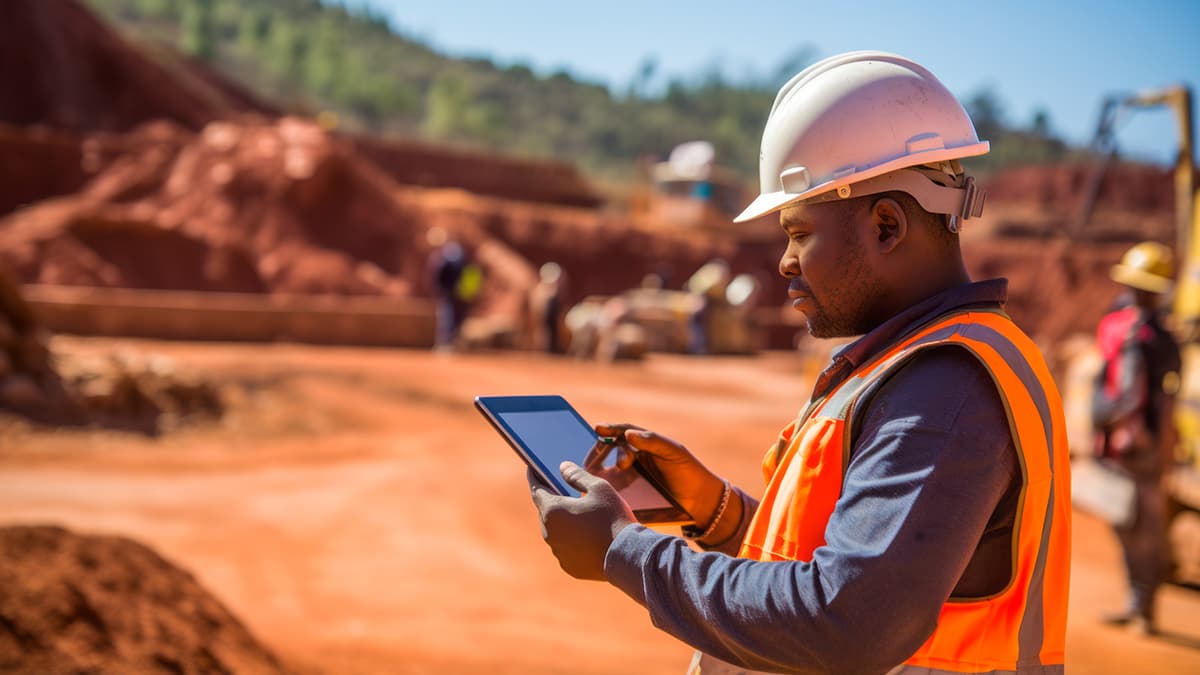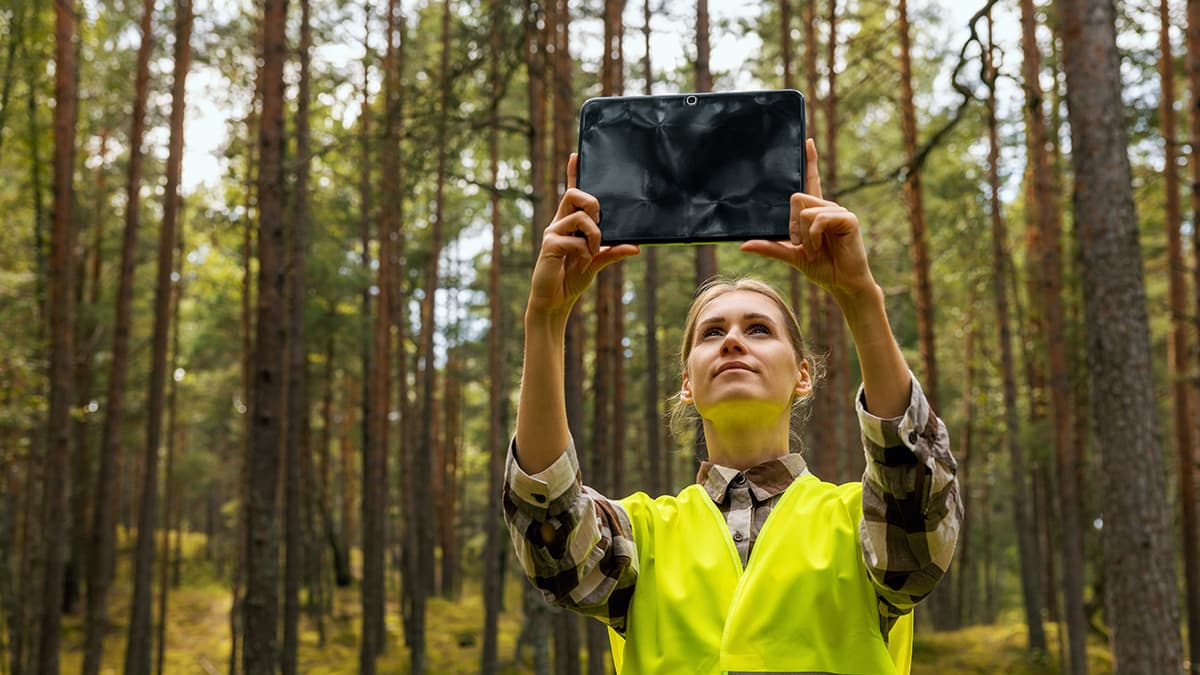
Have you seen Amazon's Lord of the Rings TV series trailer yet? The breathtaking visuals, iconic sculptures, and legendary JRR Tolkien's characters have excited fans and nerds. The first thought I had in my mind: what must be it like to live in the fantasy world of Middle-earth?
The answer lay on another unread tab on my browser that covered the recent funding round of an Indian startup called Invact. Founded by ex-Twitter India MD Manish Maheshwari, the firm raised a sumptuous pie with an astronomical valuation. The reason?
Invact is invested in the Metaverse concept for building an entirely virtual university that offers an affiliated MBA program called MetaMBA. A decent faculty roster, cool walkthroughs and an affordable fee structure made it a deal breaker.
Coined by Neal Stephenson in his 1992 novel Snow Crash, the term 'Metaverse' has begun to manifest itself in various technology spheres. For example, the Digital Twin idea was first shared in 1991 by David Gelernter in his book 'Mirror Worlds'. It also registered its first industrial application when Dr Michael Grieves used it as a manufacturing innovation in 2002. Eight years later, NASA used the Digital Twin technology to run simulations of space capsules.
.webp)
Here's a myth-buster: the Metaverse has been around for more than a decade and the mercy of teenagers on video game consoles. What is getting the tongues wagging then? Is there a business use case we all missed? Could it be an inflection point for marketers?
Meta for Education
As we learnt above, the fascination of education with Metaverse is picking up space and has kept steady with the pandemic era still looming large. The usage of Virtual Reality (VR) promises to transform traditional teaching approaches by focusing on learning concepts through visuals. Technology solution providers can help create those engaging and immersive learning environments for students in different learning institutions worldwide.
VR can crush language and platform barriers with its interoperability and the capacity to go universal.
Meta for Military
Unlike other sectors, the defence has had the first-mover advantage in this space with AR/VR and the development of a hybrid called Tactical Augmented Reality (TAR). The advanced goggles easily display the precise location of a soldier alongside the positions of allies and hostiles. As a matter of fact, TAR proves as the ideal substitute for the everyday handheld GPS gadgets and headsets. It is also being used to develop a Synthetic Training Environment for offering a realistic training experience for soldiers. It provides an immersive training experience by simulating physically and psychologically intensive combat settings in virtual environments.
Meta for Marketing & eCommerce
From Disney to Marvel to Nike and more, consumer-facing brands have hopped onto the meta-bandwagon by creating virtual environments to test their products and market it to consumers in a more-than-direct way. The immersive virtual worlds like Meta's Horizon Worlds now have a place for real-world businesses to create a simulated version of their commercial outlets on Metaverse, acquire orders and deliver them via the physical supply chain, without getting the customer to exit the Metaverse.
Meta for Manufacturing & Human Resources
With the advent of VR applications, manufacturing units can leverage the meta to train employees on safety precautions, productivity practices and even HR policies, and simulation of risk scenarios. It helps reduce workplace accidents, drops in productivity & revenue leakages while facilitating the development of better products in the long run.
Meta for FinTech & Virtual Payments
The world of crypto currencies and non-fungible tokens (NFTs) by blockchain has grown bigger with its promise of security and authenticity. Metaverse companies have begun capitalizing on it for wider adoption, with users wandering through virtual worlds, interacting with other people, and making purchases online that depend on crypto and NFTs.
It will be also up the ante with the gaming world that relies on virtual payments for revenue generation.
Meta for Healthcare
AR deployment in the healthcare sector can bring a massive value change in training and strengthening future medical professionals' skills and knowledge base. Microsoft's Hololens is a breakthrough for surgical assistance tech that is now helping surgeons with patient studies to speed up surgical procedures. The AR headset offers immersive imaging of pre-operative pictures from CT, MRI, and 3D scans and can be used to view crucial real-time patient data such as heart rate, body temperature, blood pressure, and respiration rate.
Meta for Real Estate
Infamous for opaqueness and marred by controversies, the real estate sector has a massive opportunity to upskill itself and present better options to its customers through AR & VR.
Real estate marketers can now leverage such environments to curate VR tours that recreate apartments in a natural setting with ASMR (Autonomous Sensory Meridian Response) sounds and ambience. Providing a walkthrough gives a customer a near-real experience of viewing the property from another place on the planet and help with decision variables.
You are partially correct if you think you have missed the bus to Meta. But in the Meta terminology, there is no end to what your imagination might fetch. Meta is here to stay, and Meta is where businesses will be conducted in the next decade. How much 'meta' can your business go?


























































We will verify and publish your comment soon.